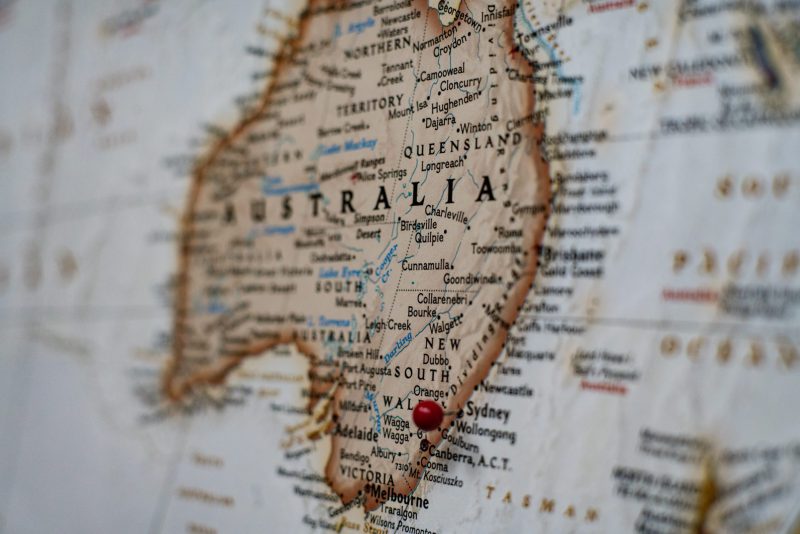Central Bank Digital Currencies [CBDC] have been a part of development for a majority of nations. While China is making significant strides, Australia is currently carrying out its own set of trials. Now, the government decided to partner with payment giant Mastercard for the same.
The Reserve Bank of Australia [RBA] announced that it will be working on rolling out a series of projects that would formulate use cases for the e-AUD. It should be noted that the Australian CBDC is in its testing phase and was started in August 2021. The bank further hoped to conclude its pilot program by mid-2023.
Mastercard’s CBDC push is considered pertinent considering its user base. Along with Mastercard, the RBA has partnered with Australia and New Zealand Banking Group Limited [ANZ], Monoova, the Australian Bond Exchange, DigiCash, Commonwealth Bank, and others.
Through this, the RBA intends to formulate use cases ranging from offline payments to bond settlement to securities trading. Many industry participants, including smaller fintech companies and major financial institutions, will engage in the pilot initiatives. Furthermore, elaborating on the same, RBA Assistant Governor Brad Jones stated,
“The pilot and broader research study that will be conducted in parallel will serve two ends – it will contribute to hands-on learning by industry, and it will add to policymakers’ understanding of how a CBDC could potentially benefit the Australian financial system and economy,”
Mastercard CBDC initiative to overshadow crypto?
The recent crypto meltdown drove several out of the industry. Mastercard’s inclination towards the digital asset realm has been significant. However, the downfall of projects spelled trouble. Earlier this week, a spokesperson from the payments firm further said,
“Our efforts continue to focus on the underlying blockchain technology and how that can be applied to help address current pain points and build more efficient systems.”
Additionally, it doesn’t mean the firm would completely steer away from the crypto-verse. All in all, Mastercard was still upholding blockchain technology.





